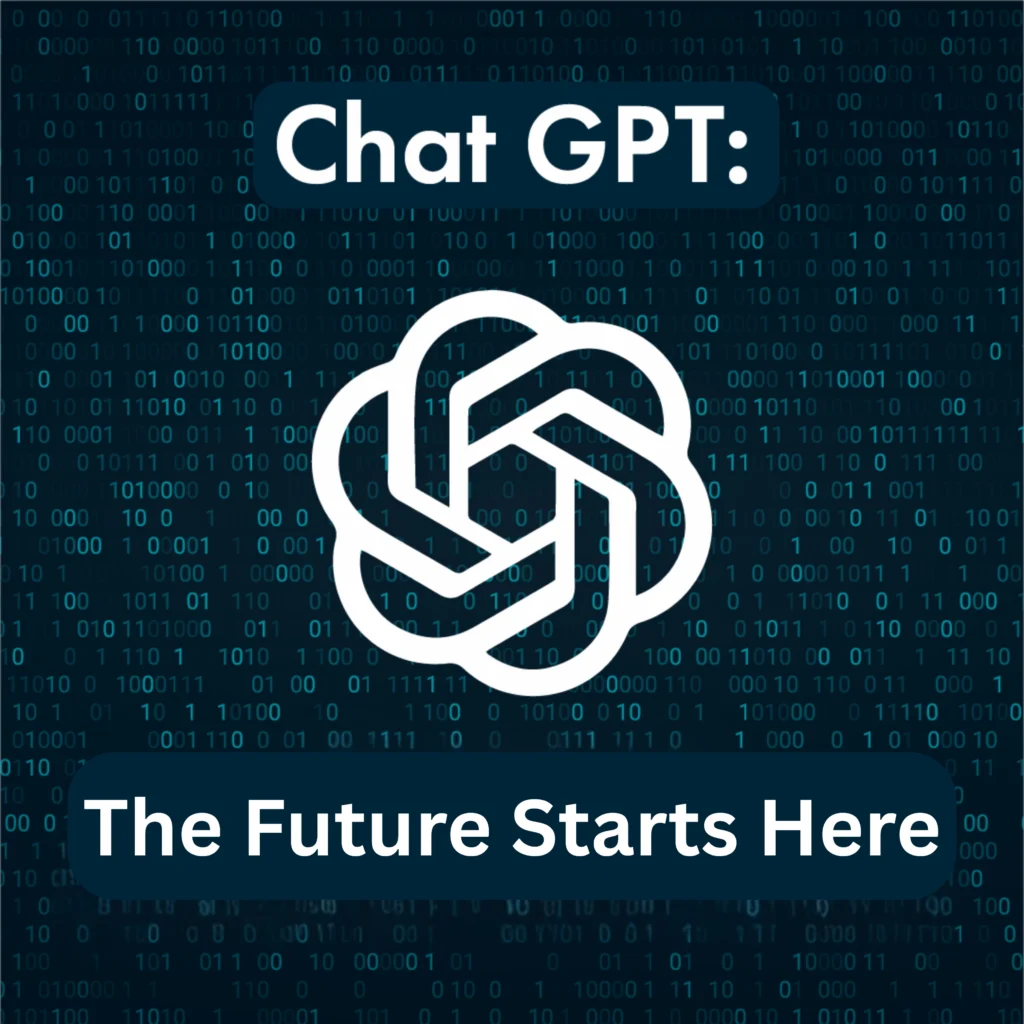
Artificial Intelligence (AI) is no longer a futuristic concept—it’s an integral part of our daily lives. From personalized recommendations on streaming platforms to self-driving cars and AI-powered chatbots, artificial intelligence is reshaping industries and redefining the way we interact with technology. As AI continues to evolve, its impact on everyday life will only grow, making tasks more efficient, automating complex processes, and even assisting in medical breakthroughs.
1. AI in Personal Assistants & Smart Devices
Voice assistants like Siri, Alexa, and Google Assistant have become household staples, helping users with everything from setting reminders to controlling smart home devices. AI-powered smart devices such as thermostats, security cameras, and lighting systems enable automation, learning user preferences to create a more seamless and personalized experience.
2. AI in Healthcare: Improving Diagnostics & Treatment
AI-driven algorithms are revolutionizing healthcare by enabling faster and more accurate diagnoses. Machine learning models can analyze medical images, detect anomalies, and even predict diseases before they develop. AI is also being used to personalize treatments, streamline drug discovery, and enhance robotic-assisted surgeries, improving patient outcomes.
3. AI in Finance: Smarter Investments & Fraud Detection
Financial institutions leverage AI for fraud detection, risk assessment, and automated trading. AI-powered chatbots provide customer support, while robo-advisors help users make data-driven investment decisions. AI’s ability to process massive amounts of data quickly enables financial firms to detect suspicious activities and prevent fraud in real time.
4. AI in Transportation: Autonomous Vehicles & Traffic Management
The automotive industry is undergoing a transformation with AI-driven autonomous vehicles. Companies like Tesla, Waymo, and Cruise are making self-driving cars a reality, promising safer roads and reduced traffic congestion. AI also plays a crucial role in optimizing traffic signals, improving public transportation, and enhancing logistics and delivery systems.
5. AI in Education: Personalized Learning Experiences
AI-powered educational tools are revolutionizing learning by personalizing content based on individual student needs. Platforms like Duolingo and Khan Academy use AI to adapt lessons and provide customized feedback. Virtual tutors and AI-assisted grading are helping educators focus on personalized instruction, making education more accessible and effective.
6. AI in E-Commerce: Enhancing Shopping Experiences
AI-driven recommendation engines analyze user behavior to suggest products tailored to individual preferences. Chatbots and virtual shopping assistants provide instant customer support, while AI-powered inventory management optimizes supply chains. AI is also being used for visual search, allowing customers to find products using images instead of text.
7. AI in Cybersecurity: Strengthening Digital Protection
With the rise in cyber threats, AI is playing a crucial role in cybersecurity by detecting anomalies and predicting potential attacks. AI-driven security systems continuously analyze patterns to identify and respond to threats in real time. From biometric authentication to AI-driven encryption, technology is enhancing online security and protecting user data.
The Future of AI: What’s Next?
As AI technology advances, we can expect even greater integration into our daily lives. Ethical considerations, such as bias in AI and data privacy concerns, will need to be addressed to ensure responsible AI development. However, one thing is certain—AI will continue to shape the future, making our lives smarter, safer, and more efficient.

